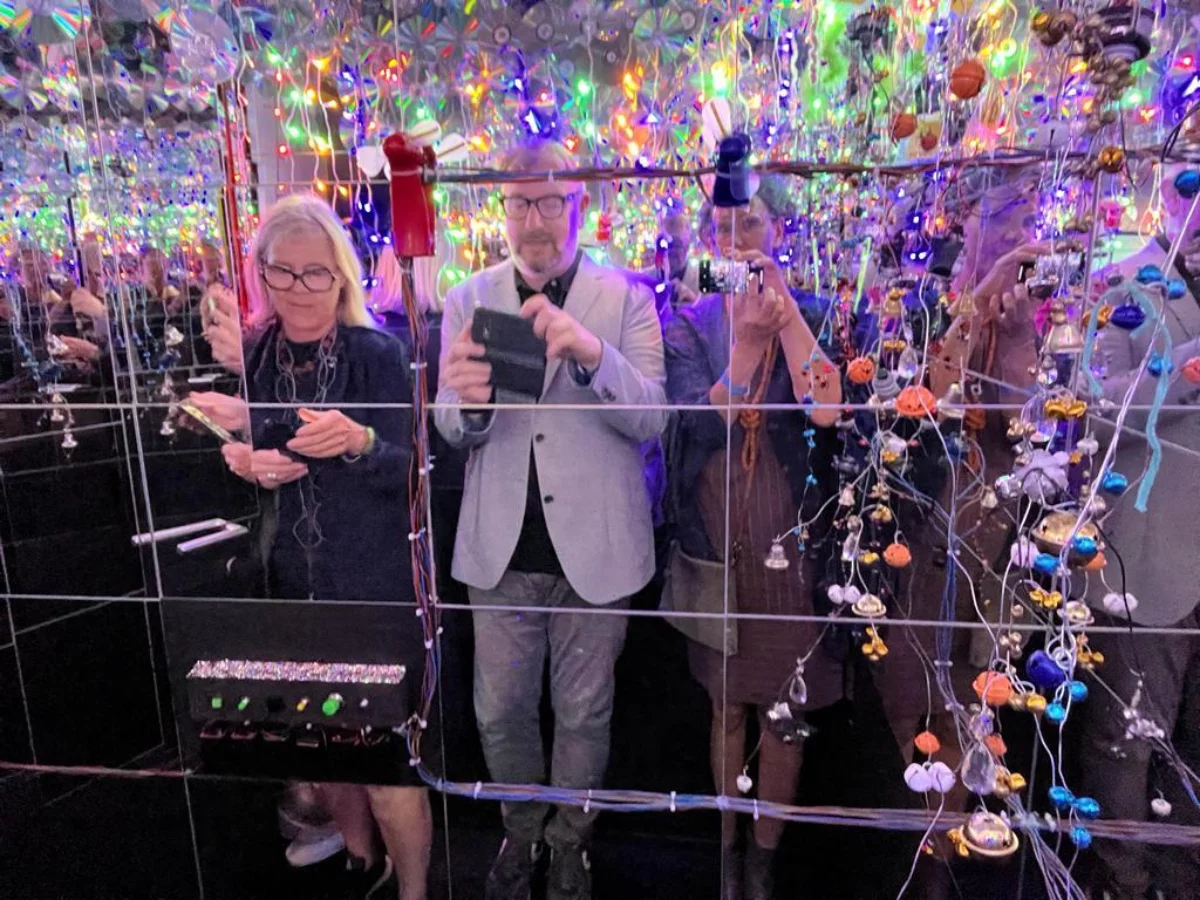To all that was! To everything that is! To everything that is yet to come!
By Holger Bergmann
10 years ago, the practice-oriented master's program Scenic Research was launched at the Institute for Theater Studies at the Ruhr-Universität Bochum. Holger Bergmann congratulates on the anniversary.
Congratulations to the Ruhr-Universität Bochum, the Kunststiftung NRW, the city of Bochum, and especially to the teaching staff and all the scenic researchers on this successful foundation 10 years ago! Here's to you!
This productive and innovative project emerged from a strong theater studies institute with Professor Ulrike Hass and Professor Nikolaus Müller-Schöll, which never only focused on the theoretical aspects of the subject, but always kept the practical experience in sight and not infrequently made it possible. This is evidenced by the numerous collaborative works ranging from choir to performance to gamification, in which the Ringlokschuppen also repeatedly provided a stage and a space for their realization.
I was privileged to be a part of the first period of scenic research as the then artistic director of the Ringlokschuppen Ruhr, by providing some stimulus for the artistic as well as structural work in the freely produced performing arts.
The atmosphere in the seminars was always open, committed, and of course also critical, just as we would hope to see in the best teaching and research. The careful and committed leadership of Professor Sven Lindholm created the conditions for this and continues to pave the way today.
Speaking of today: Now this country, alongside other European countries that have been economic leaders for many years, is facing a turning point. We are sensing the signs and are treading the old paths on which solutions are being sought, but also new ones. Some of these new, also economically important paths, such as the sharing model, first emerged in the arts – performers such as Anna Rispoli created Timebank, urban projects by raumlabor or modularbeat tested the first housing models – today called Tiny House – that use sustainable materials or, like the collective Umschichten, reinterpret and recycle materials.
Many of these cases – also in the current power-critical discourses at theaters and within the art scene – offer our diverse, democratic society great potential for the future. Of course, this is also full of contradictions and its artistic exploration usually takes a long time to subsequently have a broader social impact.
I am very happy that I, as managing director of the Fonds Darstellende Künste, was able to support this performative anniversary some time ago, and yes, support inevitably always refers in somehow to the future – to you, to us, and to the many that are still to come, new situations, new forms of work, new artistic challenges.
 © Holger Bergmann
© Holger Bergmann
And now, unfortunately, there is again increasingly this idea that sponsors and cultural politicians could, so to speak, commission artists to deal purposefully with questions of sustainability, coexistence, demography, diversity, rural areas, the socio-spatial mix in the cities. These are all important contemporary issues that we need to respond to. But to pin artists down to this is nonsense, it doesn't work that way at all. Once again, correlation and causality are being confused – such a direction in funding creates at best cultural agents, but very rarely art.
That's why I used the time during the pandemic to steer the funding toward work that is more open in terms of results and format.
This must now be continued in a sustainable way, so that we generate potential for those questions that we don’t yet know today – for this we need art that aligns the perspectives and perceptions of the present with what is still to come, that generates assemblies that invent new rules of the game beyond the current ones: For a negotiation of the challenges yet to come. And these will certainly come: At a time when crises are shifting over each other like tectonic plates, the arts are researchers, seismographs, earthquakes, and rescue workers! Not infrequently even all at once!
To somewhat loosely paraphrase Jean-Paul Sartre: "There may be more beautiful futures, but this one will be yours!"
To scenic research! To everything that is to come!
Or as they say here in the Ruhr: Hau wech!